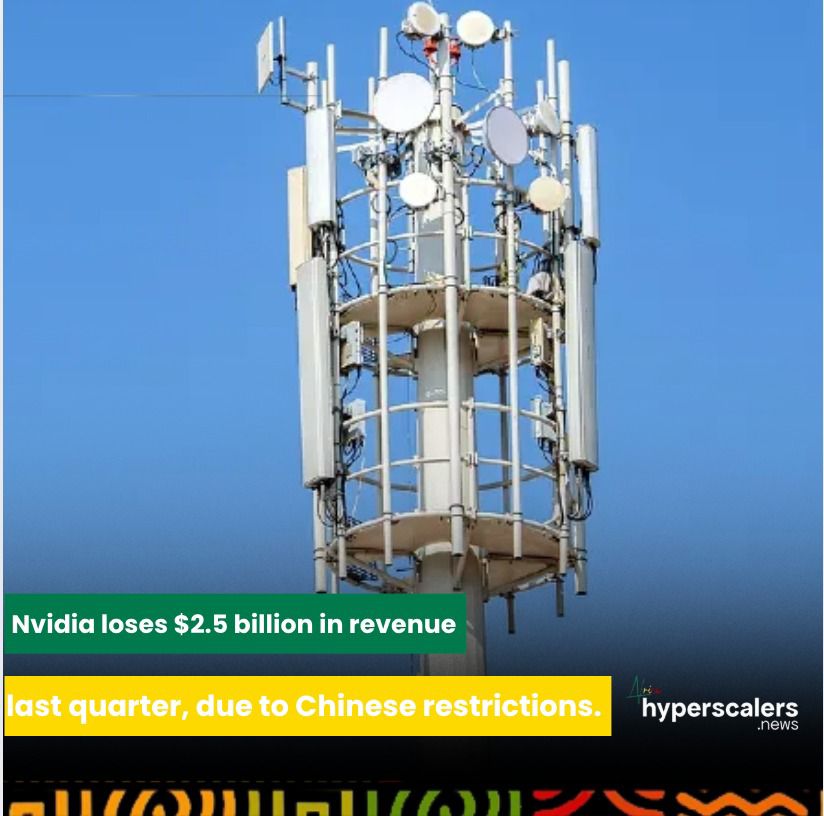The government of Burkina Faso has announced plans to boost mobile network coverage across the country with the deployment of 800 new telecom towers this year, aiming to eliminate connectivity gaps in underserved areas known as “white zones.”
According to a report by the Ecofin Agency, the expansion will be carried out in two phases. The first 250 towers will be installed under the Digital Transformation Acceleration Project, while the remaining 550 will be funded through the Universal Access and Service Fund (FASU).
This initiative forms part of a broader effort to connect 1,000 white zones across Burkina Faso by 2027. To date, the government has connected 183 such areas, completing those installations in 2022 at a cost of CFA6.2 billion (approximately $10.7 million).

In 2023, authorities identified 1,700 white zones needing coverage, laying the groundwork for the ongoing expansion plans. However, as Ecofin noted, there have been no recent updates on the timeline for the 2025 rollout or the current status of implementation.
One of the critical challenges facing this initiative is the accessibility and security of telecom infrastructure. In October, Orange Burkina Faso reported that nearly 15% of its sites were inaccessible. Similarly, Moov raised alarms about vandalism targeting many of its installations.
Telecom infrastructure has also increasingly been targeted by terrorist groups. According to a study by the Regulatory Authority for Postal and Electronic Communications (ARCEP), attacks on telecom sites surged from 11 incidents in 2019 to 106 in 2022.
As a result, the country has experienced a decline in mobile network availability.
“Network coverage in the country has suffered, dropping by 10 to 20 percent,” the Ecofin Agency pointed out.
Despite these challenges, the government remains committed to its digital inclusion goals, viewing expanded mobile access as essential for economic development, security coordination, and citizen engagement.




